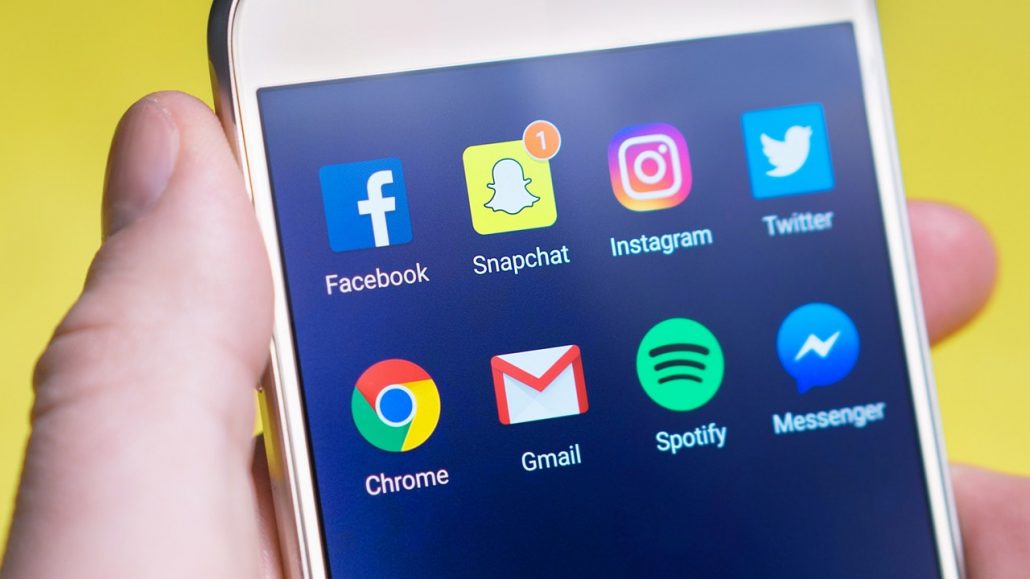Does Social Media Affect SEO?
With all the complexities of digital marketing, it is inevitable for experts to have differing opinions about what techniques or tools really work and provide positive results. A good example is that of social media’s role in Search Engine Optimization (SEO).
To set things straight, Google does not actively utilize social signals as part of their ranking algorithms. Basically, one cannot rely very much on their social media presence in order to hack up their website ranking. However, that doesn’t mean social media does not affect whatsoever on your SEO.
Although social media can’t directly influence your website rankings, it can serve as leverage to your SEO in order to improve or strengthen your organic visibility. Here is how the magic happens.
Social media as a tool
Numerous situations can illustrate how social media and SEO complement each other.
For one, social media serves as a platform where your content can potentially reach a wider audience. The more shares and likes your content gets, the longer its content life. If so, you can also expect an increase in your visibility.
As more people start to take notice of your content, some may decide to share links to your page. When they do, there is a greater possibility of gaining more website views which most likely increases your traffic and ultimately, your ranking.
The more you invest in your social media presence, the easier it will be to recognize which type of content is most likely to get the attention of your target market. From there, you can then make the necessary adjustments to improve your content strategy.
Utilizing Google+
It turns out that Google+ actually has a direct effect on website rankings. Although, this is highly dependent on the user who is currently logged-in to G+.
Whatever page or post that people in your circle over at G+ has +1’d they will have the greatest potential of ranking higher in the search results once you search for any related contents. In fact, you will be able to see the name of the person who liked that particular page.
User interaction signals
If you know enough about how Google pretty much owns everything from the search engine to the browser and the Analytics, it won’t come as a surprise how they are also capable of monitoring your web interactions.
The user interaction signals initially comprise the time on site and the bounce rate. These stats are what Google uses as a basis for a page’s quality and relevance which ultimately results in higher rankings.
In the case of social media platforms, the likes, retweets, comments, and such can also be considered as signs that people find a certain page interesting. Basically, these social interactions can say a lot about the quality of a page and again, quality is directly associated with higher rankings in Google.
Bottomline
While it can’t be denied that social media indeed plays an important role in SEO, that doesn’t guarantee anything for your website. In fact, one should notice how Google tends to put more emphasis on the quality and relevance of a page.
Basically, social media is just like a melting pot of pages and contents. At the end of the day, only those that are engaging enough can gain sufficient audience to even make an impact on a website’s organic visibility and ranking.



